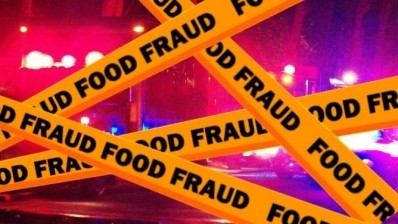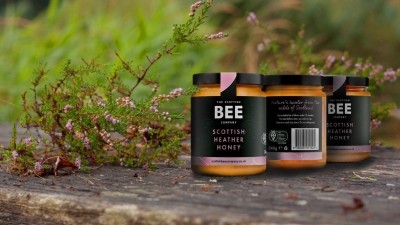Legal Opinion
How to guard against food fraud post-COVID-19

That's according to NFU Mutual. In the recent Operation Opson IX, undertaken by Interpol during the period from December 2019 to June 2020, more than $40 million worth of potentially dangerous fake food and drink was seized. The initiative disrupted 19 organized crime groups and the arrest of 407 individuals worldwide.
COVID-19 has exacerbated the problem by putting an unprecedented strain on supply chains. Unexpected surges in demand, coupled with delays brought on by transport restrictions and staff shortages, have increased the pressure on food and drink businesses to find alternative suppliers at short notice.
Untested suppliers
In these circumstances, businesses could be putting themselves at risk of food fraud by using untested suppliers without conducting proper due diligence on them.
In May, two fraudulent horsemeat shipments were seized in Denmark and the Netherlands, with at least one intended for “unauthorised placing on the market”. There has also been a surge in farmers reporting sheep rustling in the UK, with the risk that illegally butchered meat is entering the food chain.
With that in mind, here are three actions you can take to protect your business and your customers from food fraud, and respond effectively if a crisis does occur.
1. Conduct a risk assessment
Whether you’ve recently taken on new suppliers to meet increased commercial demand or not, it’s important that you establish your risk of food fraud so you can respond appropriately to the new landscape.
First, ensure you have processes to interrogate your supply chain and identify any critical issues, abnormalities or ‘red flags’ that may have been exposed during the pandemic. These could include the sudden availability of products that were otherwise unavailable, dramatic fluctuations in price or negative press coverage of your suppliers.
2. Create a crisis management plan
If you do fall victim to food fraud, a robust crisis management plan can be the difference between retaining or losing customers. This should include escalation and mobilisation procedures, key roles and responsibilities, information and communication strategies and post-crisis debriefs.
3. Ensure best practice
Ensure that you know what best practice looks like so that you can respond efficiently and effectively.
Your plan should contain all the necessary guidance and resources for your team, but it should also be concise and actionable with short notice.
Simon Cuerden is crisis and resilience lead partner: forensic at Deloitte
















